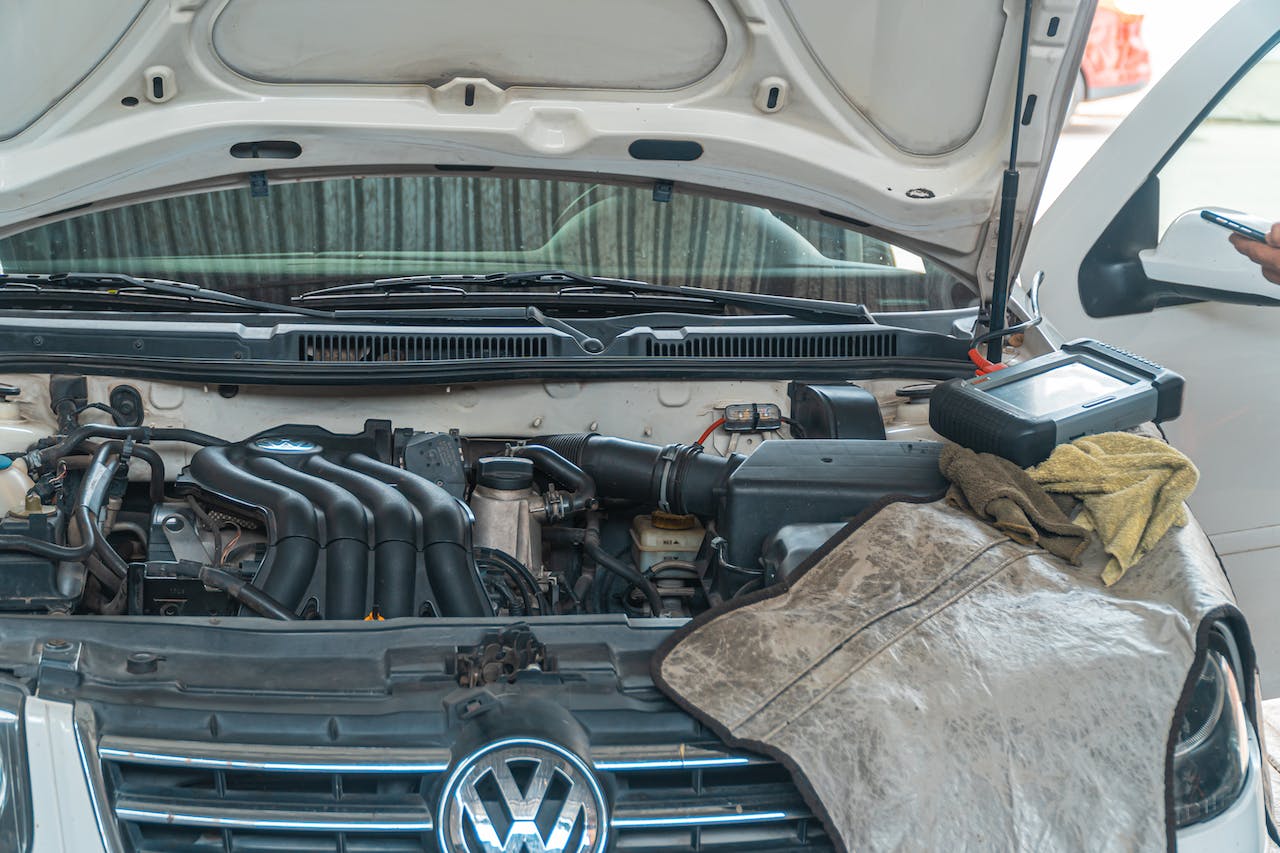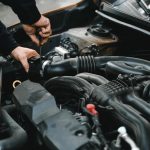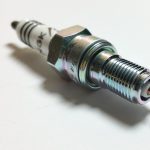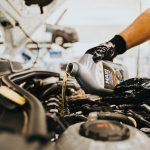Diesel engines have long been the workhorses of the automotive industry, known for their robust performance and fuel efficiency. However, like any other mechanical component, diesel engines are prone to certain problems that can affect their performance and longevity. In this article, we will delve into the common issues faced by diesel engines, providing valuable insights into diagnosis and repairs.
Introduction:
Brief Overview
Diesel engines play a crucial role in powering various vehicles, from trucks to passenger cars. Their efficiency in converting fuel into power makes them indispensable in the automotive landscape. Despite their reliability, diesel engines encounter specific problems that necessitate timely intervention.
Common Problems
Diesel engines, while durable, face challenges such as fuel quality issues, glow plug malfunctions, turbocharger problems, injector failures, and emission system malfunctions. Understanding these problems is key to ensuring the optimal performance of your diesel-powered vehicle.
Common Diesel Engine Problems:
Fuel Quality Issues
Symptoms and Effects
Poor fuel quality can lead to engine knocking, reduced fuel efficiency, and increased emissions. Recognizing these symptoms early on can prevent further damage to the engine.
Prevention and Maintenance Tips
Regularly using high-quality diesel fuel, installing fuel filters, and scheduling fuel system inspections are effective preventive measures.
Glow Plug Malfunctions
Understanding the Role
Glow plugs assist in the ignition process, especially in cold weather. Malfunctioning glow plugs can lead to starting issues and inefficient combustion.
Signs and Troubleshooting
Identifying signs like difficulty starting and white smoke can help diagnose glow plug issues. Testing and replacing faulty glow plugs are essential steps in troubleshooting.
Turbocharger Problems
Impact on Performance
A malfunctioning turbocharger can result in reduced power, increased exhaust smoke, and even engine damage. Understanding the signs is crucial for timely intervention.
Diagnosing and Fixing
Utilizing diagnostic tools like boost gauges and addressing issues such as air leaks can aid in the diagnosis and repair of turbocharger problems.
Injector Failures
Recognizing Symptoms
Poor engine performance, excessive smoke, and increased fuel consumption are indicative of injector failures. Regular inspection is vital to prevent severe damage.
Solutions and Prevention
Cleaning injectors, using fuel additives, and addressing fuel system issues can help prevent and resolve injector problems.
Emission System Failures
Overview
Understanding the components of the emission control system is essential. Malfunctions can lead to failed emissions tests and environmental harm.
Common Issues
Issues like faulty oxygen sensors and clogged catalytic converters can be addressed through regular maintenance and timely repairs.
Diagnostic Tools and Techniques:
OBD-II Scanners
Explanation of OBD-II
On-Board Diagnostics II scanners provide real-time data on engine performance. Learning to interpret OBD-II codes can aid in identifying potential issues.
Diesel Engine Diagnostics
Utilizing OBD-II scanners for diesel engines requires specific knowledge. Understanding manufacturer-specific codes is crucial for accurate diagnostics.
Common Diagnostic Tests
Compression Tests
Measuring cylinder pressure through compression tests helps assess engine health. Low compression levels indicate potential issues.
Leak-Down Tests
Identifying the source of compression loss through leak-down tests provides valuable information for targeted repairs.
DIY Repairs and Maintenance:
Changing Fuel Filters
Importance of Regular Changes
Regularly changing fuel filters prevent contaminants from reaching the engine. Follow manufacturer recommendations for filter replacement intervals.
Step-by-Step Guide
Detailed instructions for safely and effectively changing fuel filters at home ensure optimal fuel system performance.
Glow Plug Replacement
When to Replace
Knowing when to replace glow plugs is crucial for maintaining smooth engine starts, especially in colder climates.
Tools and Steps
Basic tools and a step-by-step guide make glow plug replacement an accessible DIY task for vehicle owners.
Turbocharger Cleaning
DIY Techniques
Cleaning the turbocharger at home can improve performance. Using appropriate cleaning agents and following safety precautions are essential.
Precautions
Safety measures, such as disconnecting the battery and wearing protective gear, should be observed during the turbocharger cleaning process.
Injector Cleaning
Importance of Clean Injectors
Clean injectors ensure proper fuel atomization, preventing issues like rough idling and increased emissions.
Steps for Cleaning
Step-by-step instructions for safely cleaning injectors at home, along with recommended cleaning solutions.
Professional Repairs:
Choosing the Right Mechanic
Qualities to Look For
Experience, certifications, and customer reviews are essential factors when selecting a mechanic for diesel engine repairs.
Questions to Ask
Inquiring about a mechanic’s familiarity with diesel engines, warranty policies, and repair estimates ensures a reliable choice.
Cost Estimations for Common Repairs
Understanding Costs
Recognizing the factors influencing repair costs, such as labor, parts, and vehicle complexity, aids in budgeting for diesel engine repairs.
Factors Influencing Costs
Diagnostic fees, parts quality, and the mechanic’s expertise contribute to the overall cost of diesel engine repairs.
Conclusion
Recap of Common Problems
In conclusion, diesel engine problems are diverse but manageable with proactive maintenance and timely repairs. Regular diagnostics, preventive measures, and DIY efforts can contribute to a smoothly running diesel-powered vehicle.
Importance of Maintenance
Emphasizing the importance of regular maintenance ensures a longer lifespan for diesel engines, saving vehicle owners from costly repairs.
FAQs:
- Q: Can using additives improve diesel fuel quality? A: Yes, certain additives can enhance fuel quality by preventing contamination and improving combustion efficiency.
- Q: How often should glow plugs be replaced? A: Glow plugs typically have a lifespan of 100,000 miles, but replacement may be necessary earlier if signs of malfunction arise.
- Q: What is the role of the catalytic converter in the emission system? A: The catalytic converter reduces harmful emissions by converting pollutants into less harmful substances through chemical reactions.
- Q: Are OBD-II scanners universal for all diesel engines? A: While OBD-II scanners are standardized, some manufacturers may use proprietary codes, requiring specific tools for accurate diagnostics.
- Q: Can I clean diesel injectors without removing them from the engine? A: Yes, there are fuel injector cleaning kits available that allow cleaning without removing the injectors, but professional cleaning is recommended for severe issues.
Last Updated on November 16, 2023 by admin

Mac is an Automotive enthusiast. He owns up to 15 vehicles. He deals with Auto problems and shows his skill to Car owners who are seeking any type of Car help.





